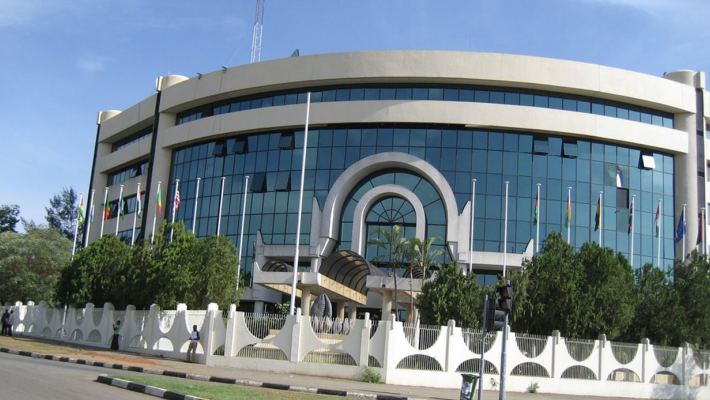
The Economic Community of West African States (ECOWAS) says effective trade dispute resolution mechanisms under the African Continental Free Trade Area (AfCFTA) and ECOWAS instruments can foster regional economic growth.
Dr Kola Sofola, ECOWAS Director of Trade, stated this at a capacity building workshop on dispute settlement mechanisms under the AfCFTA and ECOWAS instruments in Abuja.
Newsspecng.com reports that the event was organised by the ECOWAS Commission, the ECOWAS Court of Justice (CCJ), AfCFTA, and Nigerian Institute of Advanced Legal Studies.
Sofola explained that the programme aimed to strengthen the role of the ECOWAS Court for effective resolution of trade agreements, to foster legal certainty, greater cooperation, and regional economic growth.
“This workshop is specifically designed to enhance your capacity to support the effective resolution of complex trade disputes that may arise from various agreements, such as AfCFTA and ECOWAS instruments.
“This workshop comes at a pivotal moment in our collective journey towards regional and continental integration.
“As we work towards realising the full potential of AfCFTA, it is clear that the mechanisms for resolving trade disputes will be a cornerstone in ensuring the success and the credibility of this landmark agreement.
“AfCFTA represents not just an opportunity, but a transformation for Africa, providing a platform for trade liberalisation, economic growth and development.”
The Director noted that AfCFTA’s objectives would only succeed if the rules were adhered to, and any disputes that arose, were settled in a fair, efficient and transparent manner.
According to him, the effective resolution of disputes is not merely procedural, but is the foundation of a stable and predictable trading environment.
He said that without clear and enforceable mechanisms for resolving disagreements, trade agreement benefits could be undermined and affect investor confidence distort fair competition and stifle economic progress.
Sofola described AfCFTA as a landmark agreement comprising all African Union countries, saying the scale of its initiative was unprecedented, offering opportunity for boosting intra-African trade, creating jobs and driving economic diversification.
“However, with such vast opportunities may come disputes, whether between states, the private sector actors, or even governments and businesses.
“You are the custodians of justice in our region, tasked with ensuring that the rules and protocols established under legal agreements are respected, upheld and enforced.
“You will serve as the backbone of the legal infrastructure that supports regional integration and trade liberalisation.”
Also, the President of CCJ, Justice Edward Asante, said that organising the workshop was a clear indication of professional collaboration among the various institutions of the community.
Asante, represented by the court’s Justice Sengu Koroma, said the adoption of AfCFTA marked a pivotal milestone in the journey towards increased intra-African trade and expansion of economic opportunities across Africa.
“This workshop demonstrates the commission’s dedication to enhancing regional trade and integration, and highlights the importance of equipping CCJ with the capacity to handle complex trade disputes that may arise.
“For ECOWAS member states, this agreement is a significant complement to the existing ECOWAS frameworks on trade and free movement, which have long fostered the free flow of goods, services, and people within our subregion.”
Prof Muhammed Ladan, Director-General of the Nigerian Institute of Advanced Legal Studies (NIALS) in a presentation noted that Africa’s regional economic communities were the building blocks of AfCFTA’s agreement.